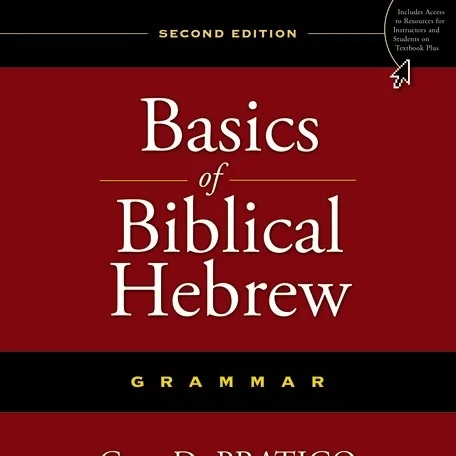Why You Should Learn Greek! (and the Resources to Do It)
/The study of Greek and Latin is both enjoyable and beneficial. Yet these classical languages have been traded in by most schools for modern languages such as Spanish or French. While modern languages are still good to study, Greek and Latin hold a special place in education.
Greek and Latin are worth studying for several reasons:
- Greek and Latin help students master English, as 80% of English words have Greek and Latin roots. (They are far from “dead” languages!)
- Both Greek and Latin were used by cultures that significantly influenced Western civilization—ancient Greece and ancient Rome. Studying the classical languages thus familiarizes one with ancient history and literature.
- Important works were written in Greek (the New Testament & the Septuagint) and Latin (scholarly works up through the Reformation).
Students should probably begin with the study of Latin, as it is closer to English and easier to learn. Once students have spent a few years in Latin, they should add Greek to their studies. Assuming a student starts Latin in the 7th or 8th grade, they can begin Greek in the 11th grade.
But this order does not have to be followed. Adults who want to learn Greek can jump right in. (It’s never too late to start to study a language!) And if you are only going to study one language, Greek obviously has the benefit of being the language of the New Testament.
The Best Greek Book and Video Series
Though some teachers prefer more rote memorization, I am convinced William Mounce’s Basics of Biblical Greek is the best Greek grammar out there. Mounce’s system is simple, as he begins with nouns (chs. 5–14) and then moves on to verbs (chs. 15–36). Mounce requires some memorization for sure, but he helps you understand the diagnostic changes of the language.
This is the most popular Greek grammar used in seminaries, but there is no reason to limit its use to a Master’s program. This book is well written and easy to follow. Additionally, there are several aids to the book, including a workbook, vocab flash cards, and even a video lecture series by Dr. Mounce. The best deal is to get everything in the Learn Biblical Greek Pack.
I highly recommend using the lecture series for learning Greek. You can stream the video lectures on Amazon or purchase the DVDs. Above is a sample lesson on the Greek alphabet.
Greek Bibles
All students of biblical Greek should also purchase a Greek New Testament. I recommend purchasing a reader’s edition, which gives definitions of rare words at the bottom. This makes reading your Greek New Testament much easier.
Advanced Resources
For further study of Greek, Hansen and Quinn’s Greek: An Intensive Course is an excellent work on classical Greek, which is tougher than biblical Greek. Keller and Russell also have a classical book, Learn to Read Greek, similar to their work Learn to Read Latin.
It is also helpful have a Greek lexicon (dictionary) on hand, though the best one (BDAG) is quite expensive. Daniel Wallace’s Greek Grammar Beyond the Basics is a helpful resource on syntax, and there is even a video lectures series to go with it. I also recommend Metzger’s A Textual Commentary on the Greek New Testament, which gives comments on textual variants within the New Testament. Both are worth having on your shelf.
All these additional resources need not overwhelm you. Just purchase Basics of Biblical Greek and get started! Your best value is the Learn Biblical Greek Pack, which contains the book, workbook, and lectures.













